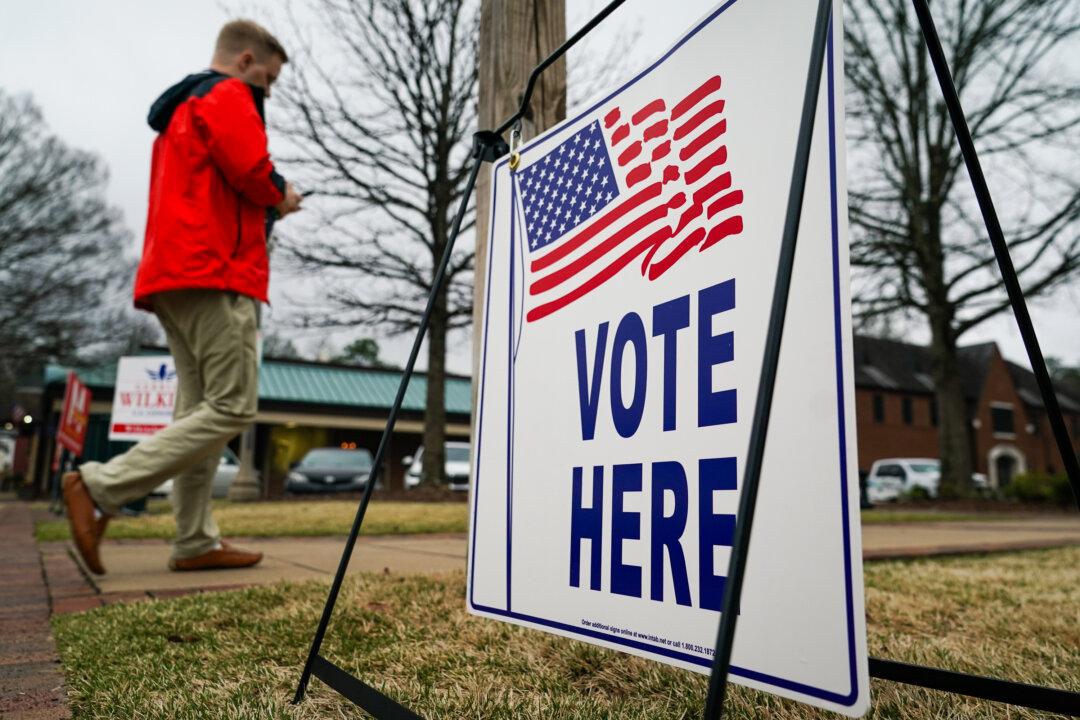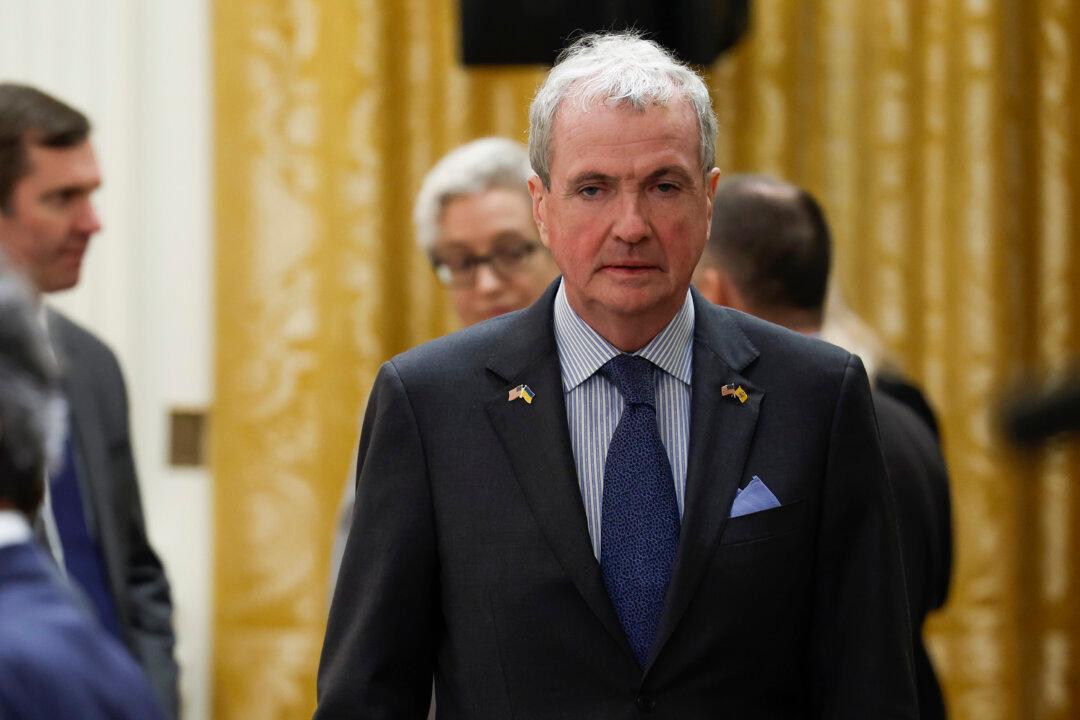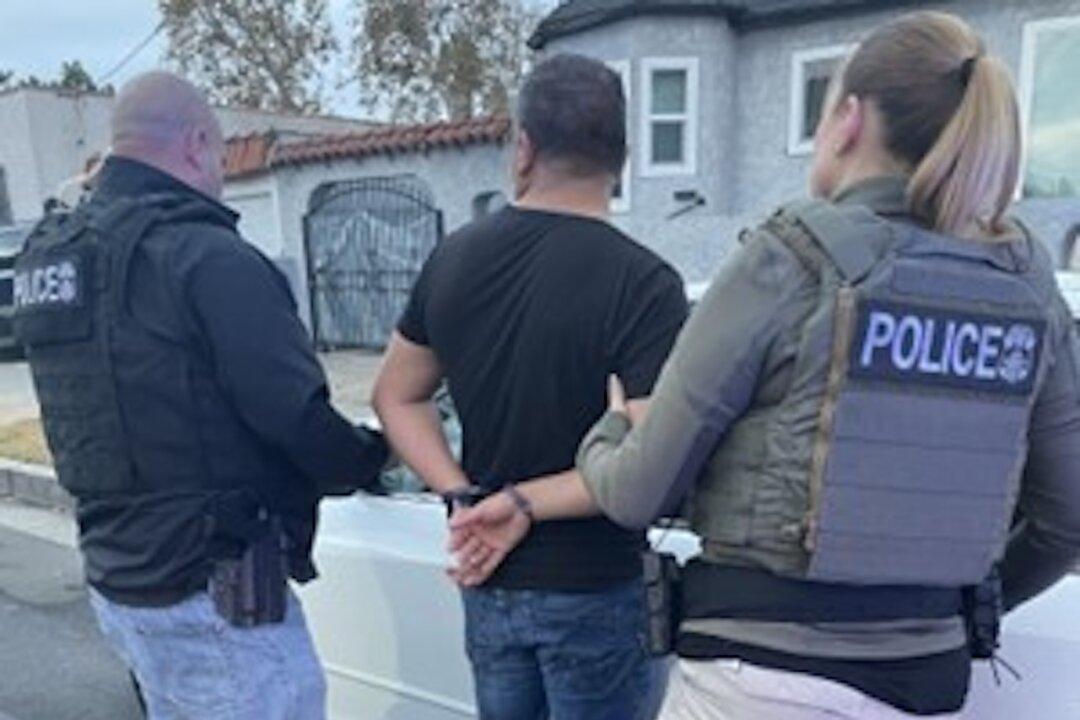The campaign to lower the voting age in the United States, backed by left-leaning groups, including those linked to billionaire George Soros financing the movement, has already resulted in 16- and 17-year-olds casting votes in Brattleboro, Vermont, on Super Tuesday this month.
The organization Vote16USA.org is leading the campaign and is backed by Generation Citizen, a group funded by liberal donors with deep pockets. Donors include the Soros-linked group, the Jennifer and Jonathan Allan Soros Foundation, the Bezos Family Foundation, The New York City Council, and the William and Flora Hewlett Foundation, according to the organization’s 2023 annual report.





